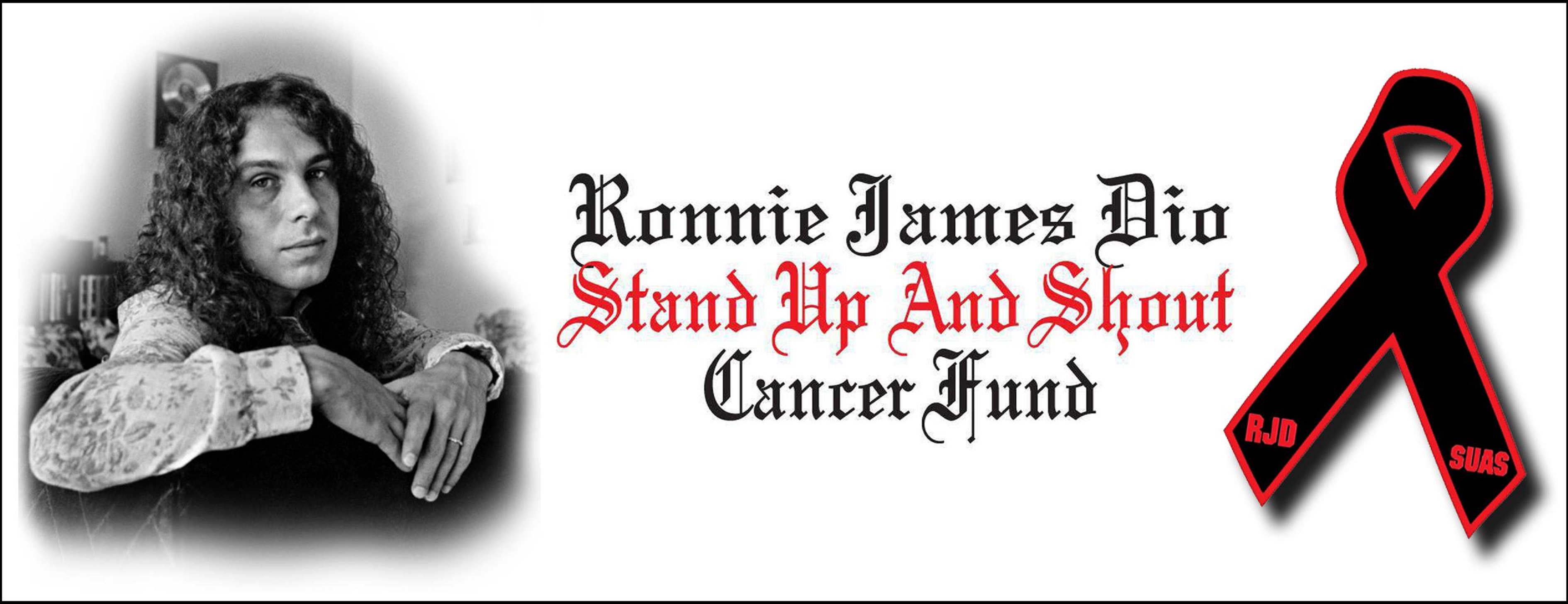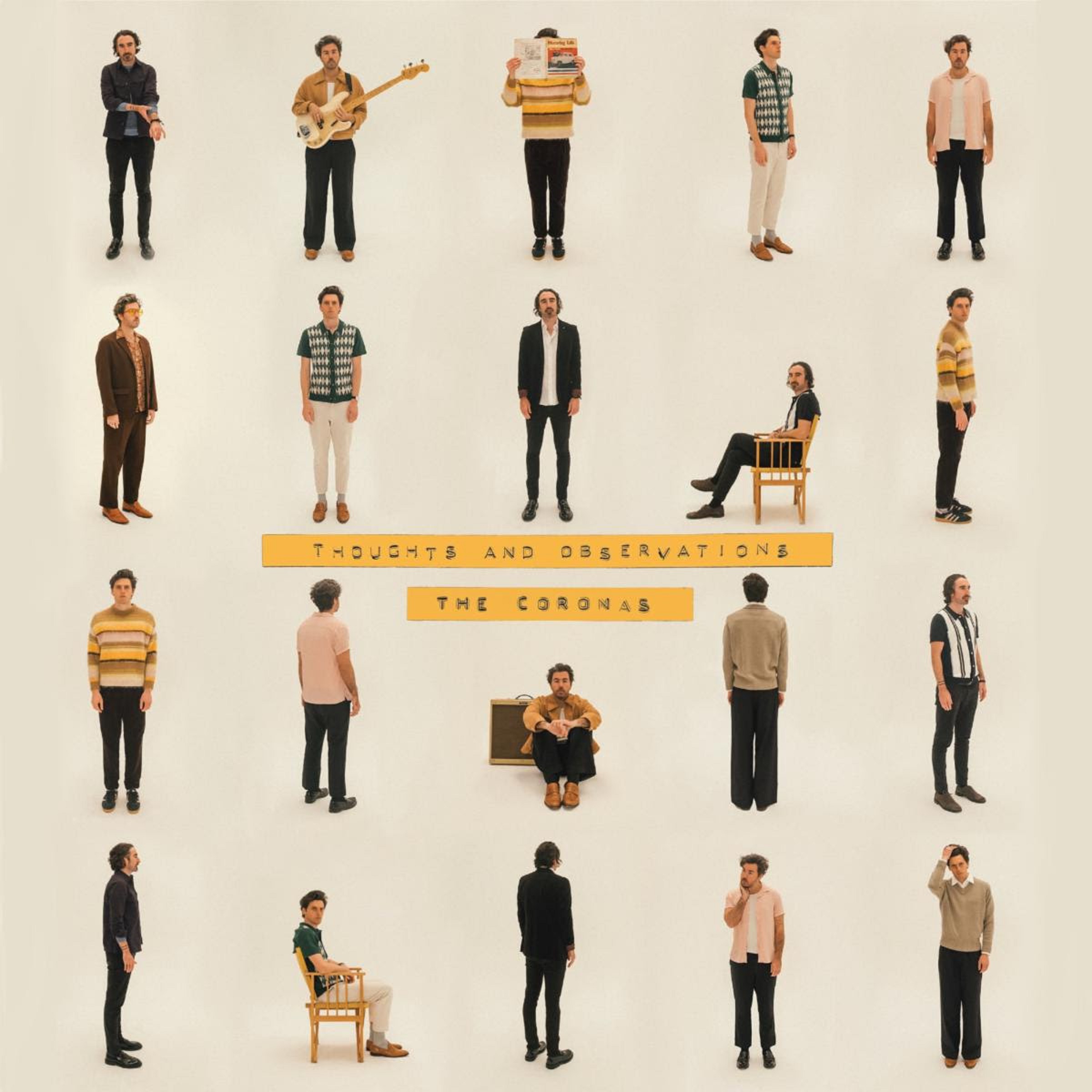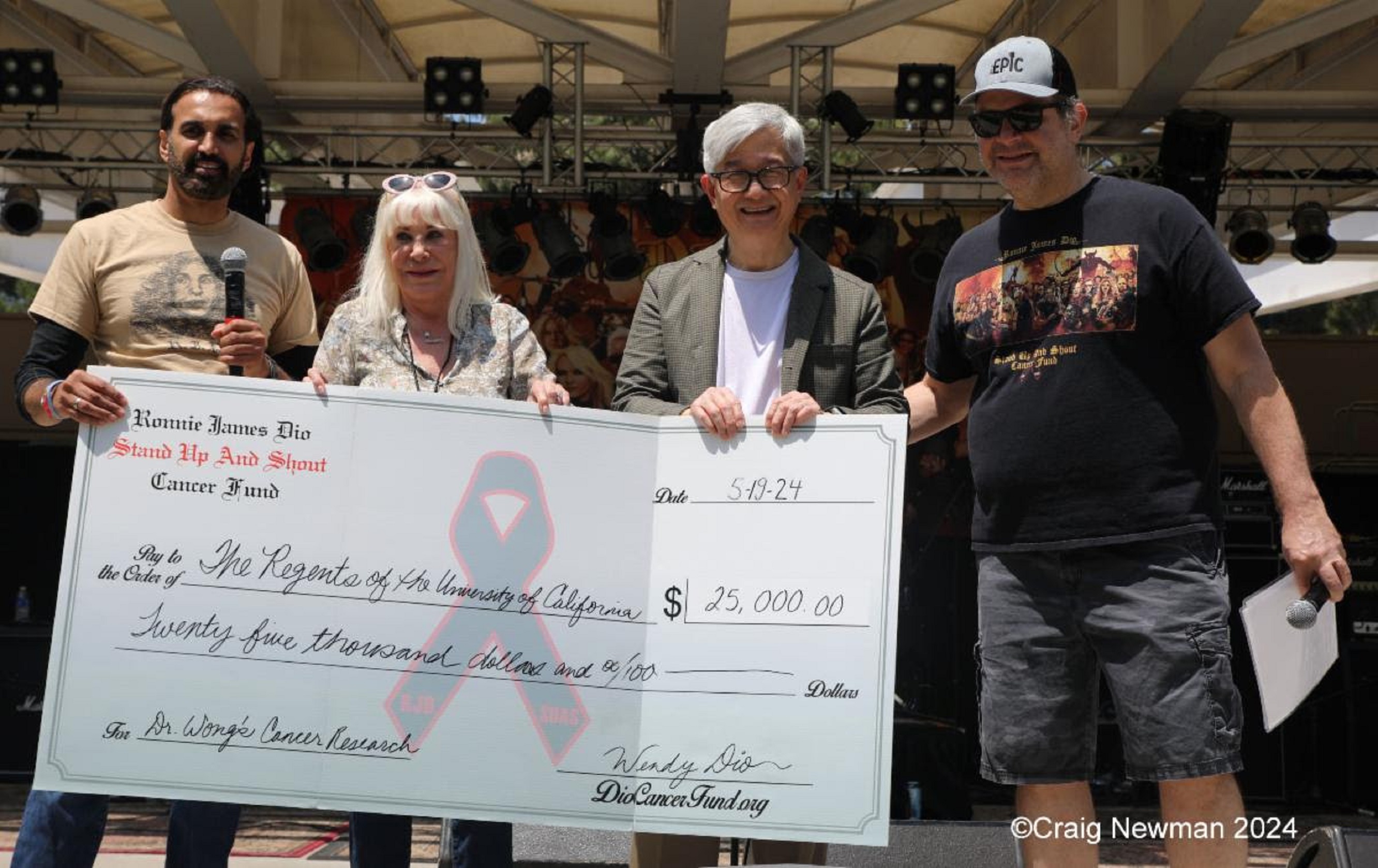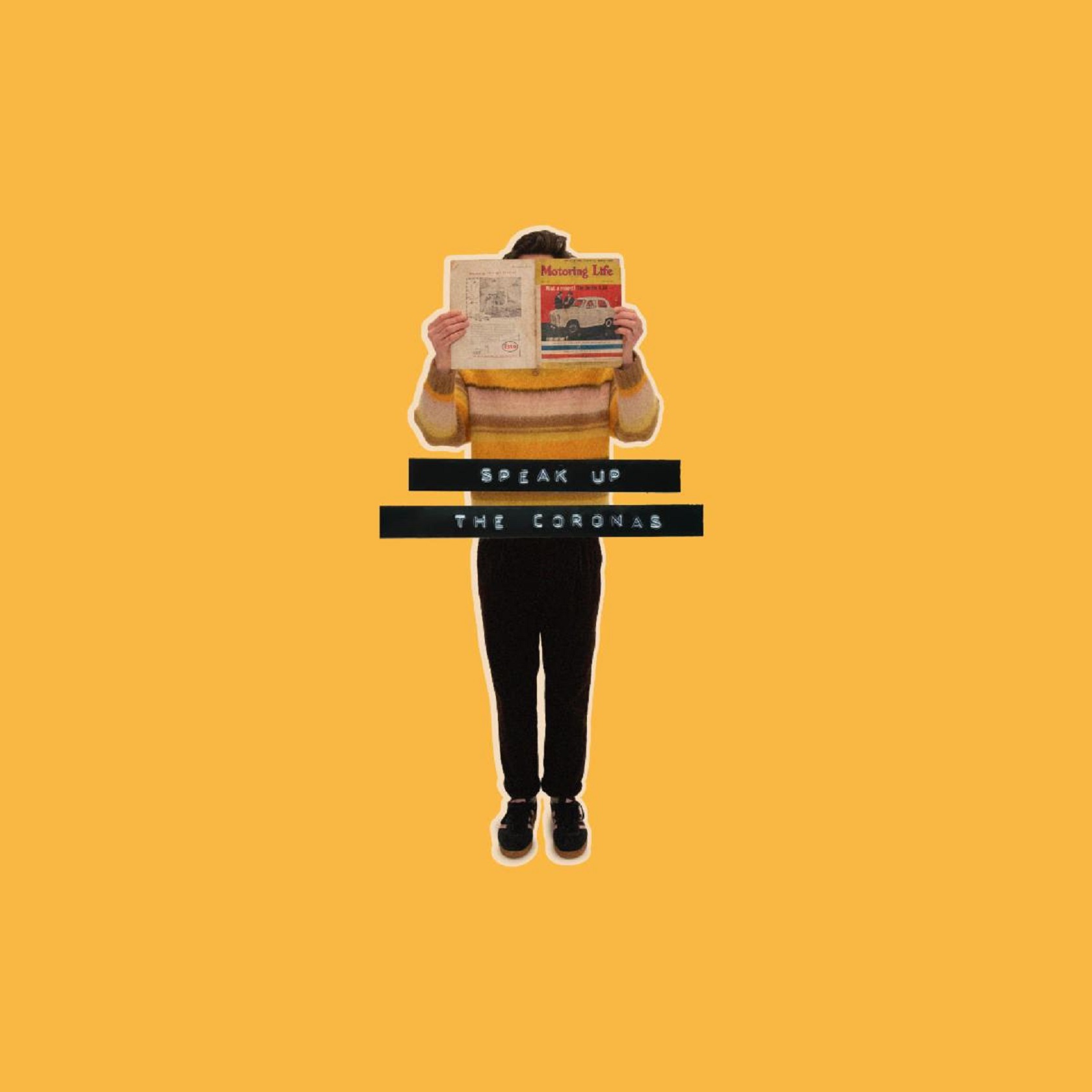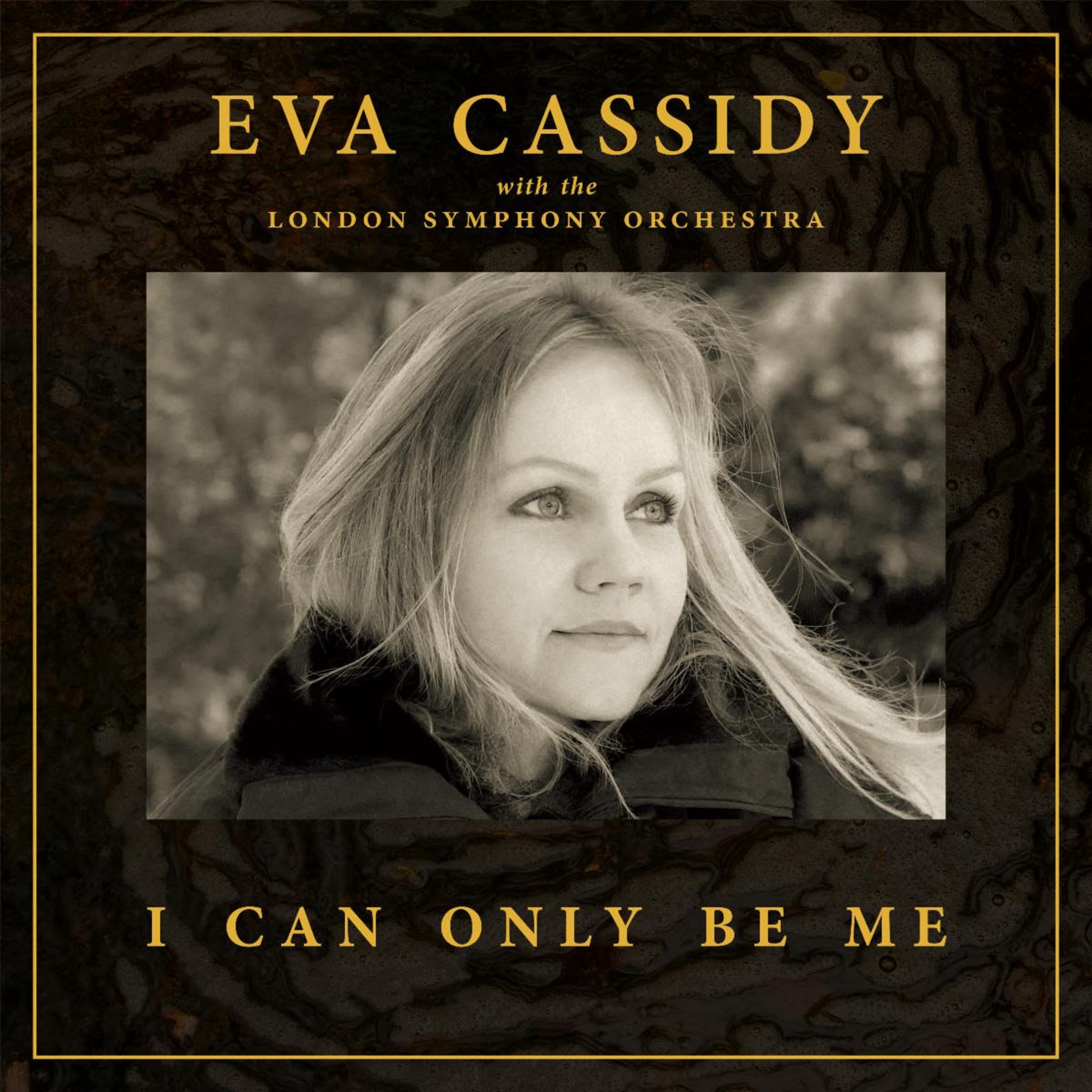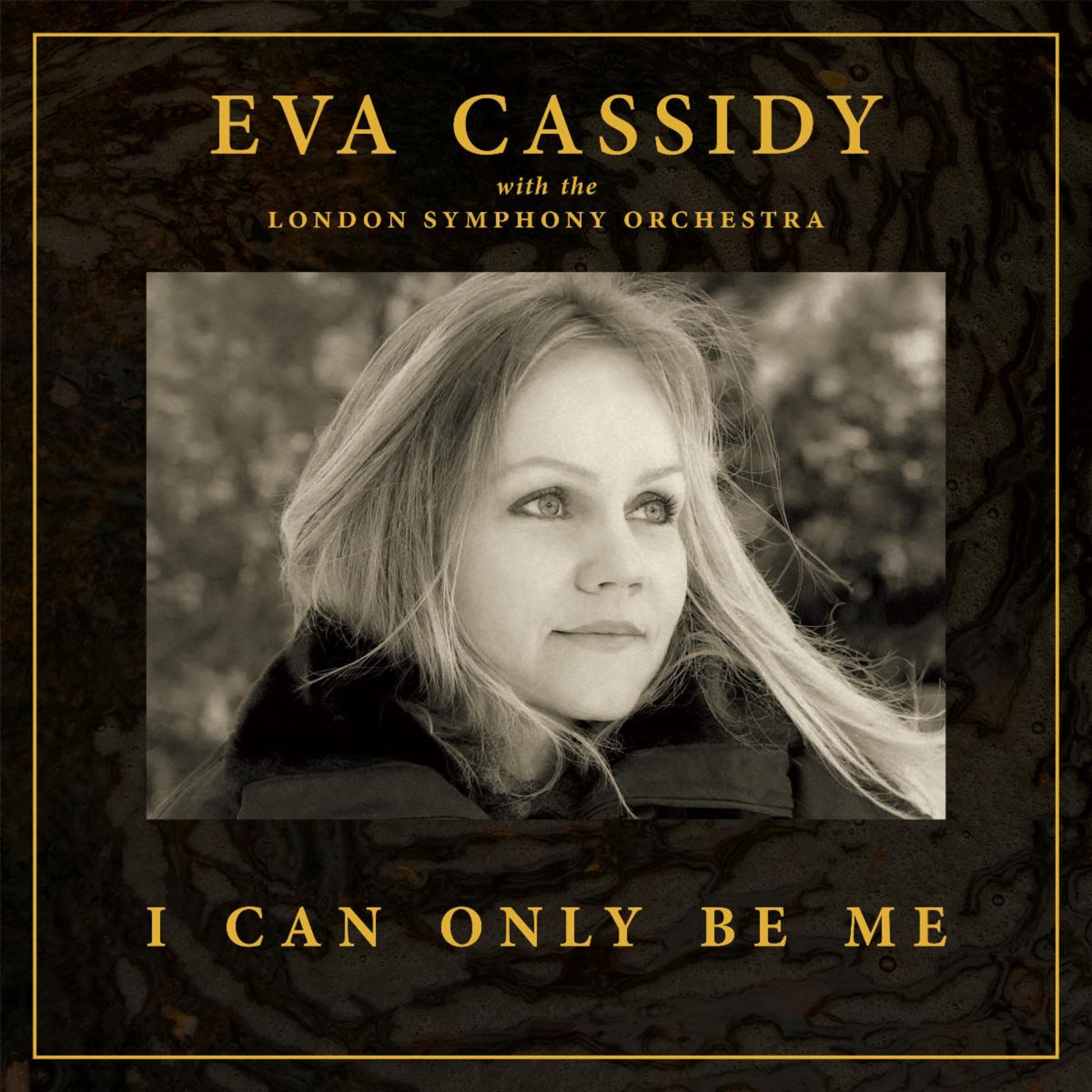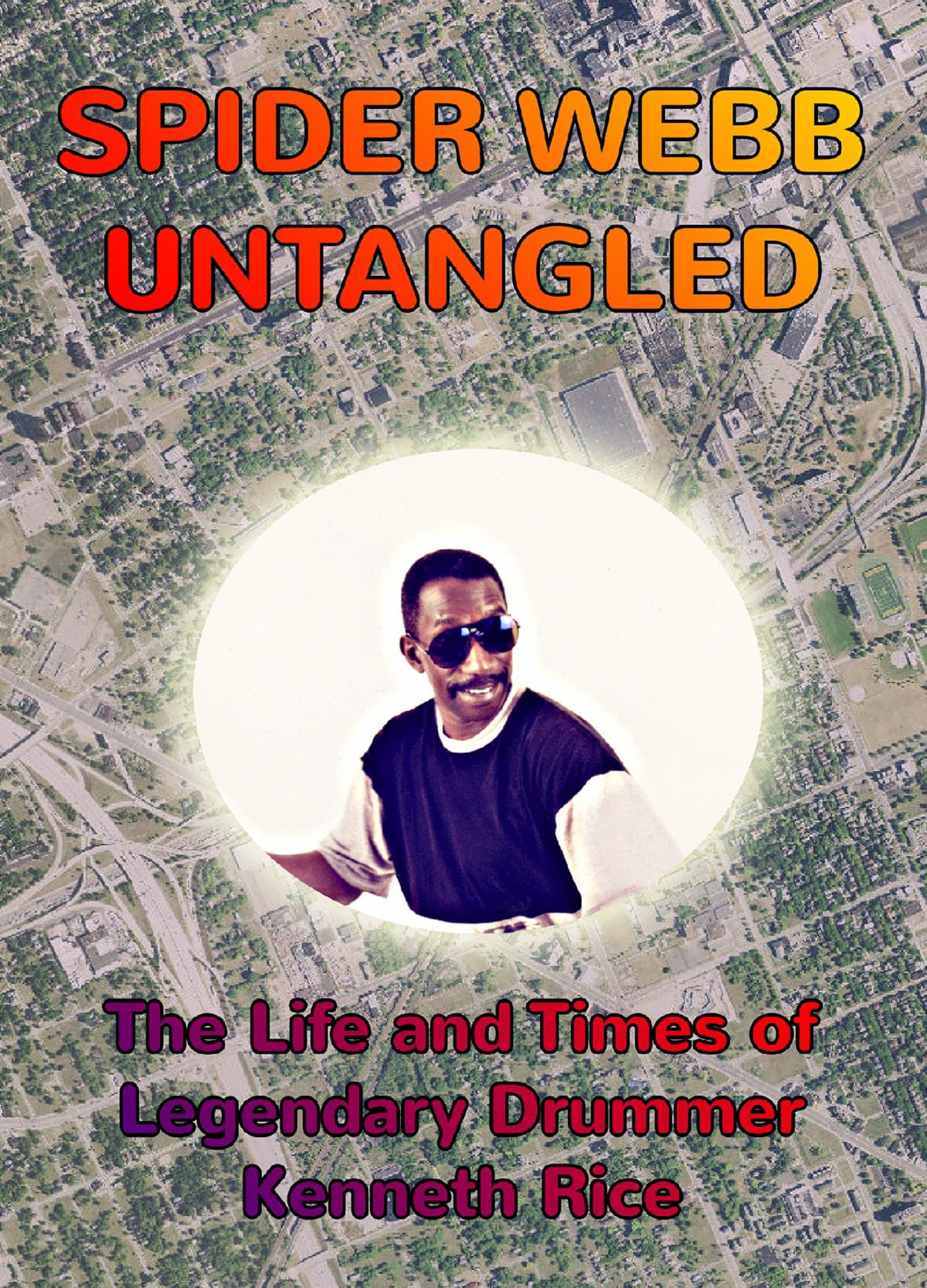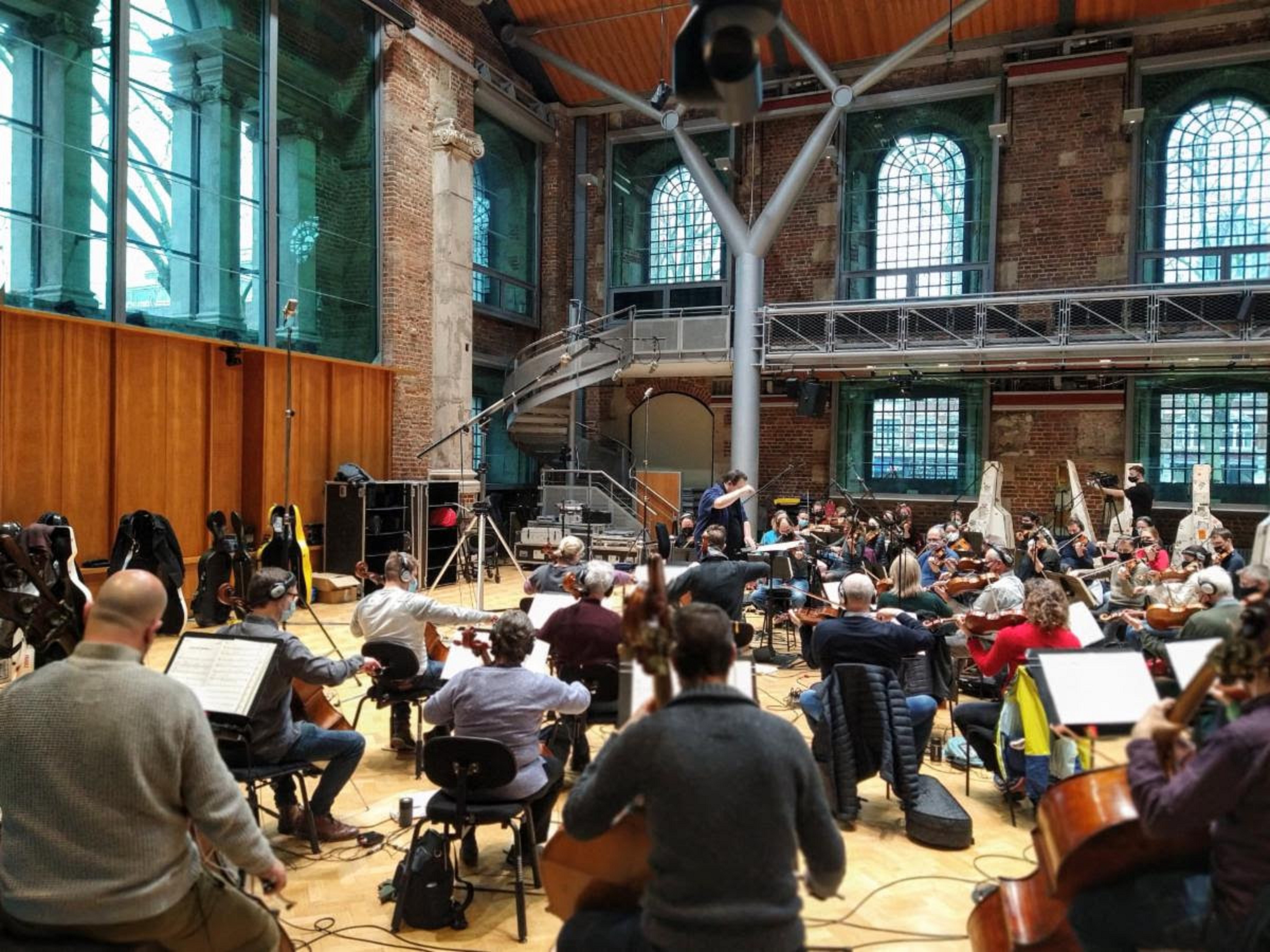It's not often that a new album resonates with a sense of history and timeliness. But the 11-song DREAMS OF THE SAN JOAQUIN, to be released September 25, 2012 by independent Blix Street Records, does both. Anchored by its participants' deep roots in California's great agricultural region, the album honors the stories and musical styles of the massive valley that first welcomed the Dust Bowl refugees and migrant workers amid the economic strife of the 1930s and 1940s. The songs, which take their cues from the observational songwriting of itinerant folksingers and close-harmony cowboy ensembles, are rich and rewarding, confessional and expansive, and relevant."It's not a coincidence that Ken Burns' next PBS series, airing in November, is The Dust Bowl," says Blix Street founder and president Bill Straw. "We are now closer in many respects to the 1930s than at any time since." Straw points not just to the country's current economic situation, but also to climatic conditions similar to those that brought about the Dust Bowl: "Twenty-six states were officially declared in drought in June." While he points out that DREAMS OF THE SAN JOAQUIN is totally independent of Burns' series, Straw emphasizes that the album is "a collection of songs that pay homage to the musical styles of California's San Joaquin Valley, the migrant worker destination of people displaced by the 1930s Dust Bowl."Among those people are the direct ancestors of all four of the performers on DREAMS OF THE SAN JOAQUIN. Randy Sharp's and Sharon Bays' families emigrated there from Oklahoma during the Dust Bowl, and members of Jack Wesley Routh's family made a similar trek westward from Kansas in search of work.Randy Sharp, whose four songs on the album include the lead-off track "Burn Day" and the moving title cut, is the veteran country-music co-writer of "The Connection," which earned Emmylou Harris the 2005 Grammy for Best Country Vocal Performance. Among artists who've recorded his songs are the Dixie Chicks ("Home," written with daughter Maia), Restless Heart (their chart-topping "A Tender Lie" and "Why Does It Have to Be Wrong or Right"), Linda Ronstadt ("Dreams of the San Joaquin") and Alabama ("The Cheap Seats"). Sharp's powerfully personal writing is the result of years of keen observation, as well as a musical apprenticeship that began with high school bands in San Joaquin's Visalia-Fresno area with his wife, Sharon Bays.Bays, the featured vocalist on the ballad "For Old Times' Sake," as well as background vocalist on Randy's "New Way Out" and "Dreams of the San Joaquin," holds Masters and PhD degrees in Cultural Anthropology from UCLA, where she currently lectures in the Anthropology and Women's Studies departments.Randy and Sharon's daughter Maia, likewise a product of the Great Valley, has released four critically-acclaimed albums (and an album with Art Garfunkel and Buddy Mondlock), performed with Bonnie Raitt, Keb' Mo' and Patty Griffin, and penned songs for Raitt, Trisha Yearwood and Cher. On DREAMS OF THE SAN JOAQUIN, Maia contributes her original demo of the Dixie Chicks' "Home" and background vocals on her father's "Burn Day," "Or So the Heart Remembers" and the title track. Her fifth album, CHANGE THE ENDING, will be issued by Blix Street/Crooked Crown Records on August 28.Jack Wesley Routh, longtime friend of the Sharps, comes to the project with his own impeccable pedigree. The Kansas-raised, now Californian Routh co-wrote "The Connection" with Randy, and served as tour and recording guitarist for Johnny Cash. Routh's tunes have been recorded by Cash, Waylon Jennings and Emmylou Harris; among the five Routh performances on DREAMS OF THE SAN JOAQUIN is "Beyond the Great Divide," which was featured (as performed by Harris) in the recent HBO film Game Change.The range and diversity of DREAMS OF THE SAN JOAQUIN are sweeping. Randy Sharp's "Burn Day" is a bittersweet acknowledgment of the end of a relationship, Maia Sharp's "Home" an intimate and wistful meditation on "a house that might have been a home," and Jack Wesley Routh's "Ridin' on the Night Train" a funky tale of an outlaw on the run from the law and his own haunted past. The album's showcase is the title song, which features all four of the record's participants and stirring harmonies suggestive of the Sons of the Pioneers; Randy's impassioned lead vocal tells the tale of the hopes and despair of the migrant farm workers whose toil coaxed forth the riches of the San Joaquin soil. Each cut on DREAMS OF THE SAN JOAQUIN showcases the respective talents of each writer-singer, which are ably supported by a host of noted guest musicians. Marty Stuart contributes mandolin on several tracks, Louie Ortega (Texas Tornados, Sir Douglas Quintet) lends his warm voice to the Spanish verses on the album's title tune, and Karen Brooks sings harmony on Routh's tracks.Blix Street Records, based in Gig Harbor, Washington, is an eclectic independent label whose releases include the catalogs of internationally acclaimed songstress Eva Cassidy and Irish music legend Mary Black, as well as groundbreaking blues-rock band Back Door Slam (featuring guitar phenom Davy Knowles).
Each cut on DREAMS OF THE SAN JOAQUIN showcases the respective talents of each writer-singer, which are ably supported by a host of noted guest musicians. Marty Stuart contributes mandolin on several tracks, Louie Ortega (Texas Tornados, Sir Douglas Quintet) lends his warm voice to the Spanish verses on the album's title tune, and Karen Brooks sings harmony on Routh's tracks.Blix Street Records, based in Gig Harbor, Washington, is an eclectic independent label whose releases include the catalogs of internationally acclaimed songstress Eva Cassidy and Irish music legend Mary Black, as well as groundbreaking blues-rock band Back Door Slam (featuring guitar phenom Davy Knowles).
Blix Street Records Set To Release "Dreams of the San Joaquin"








